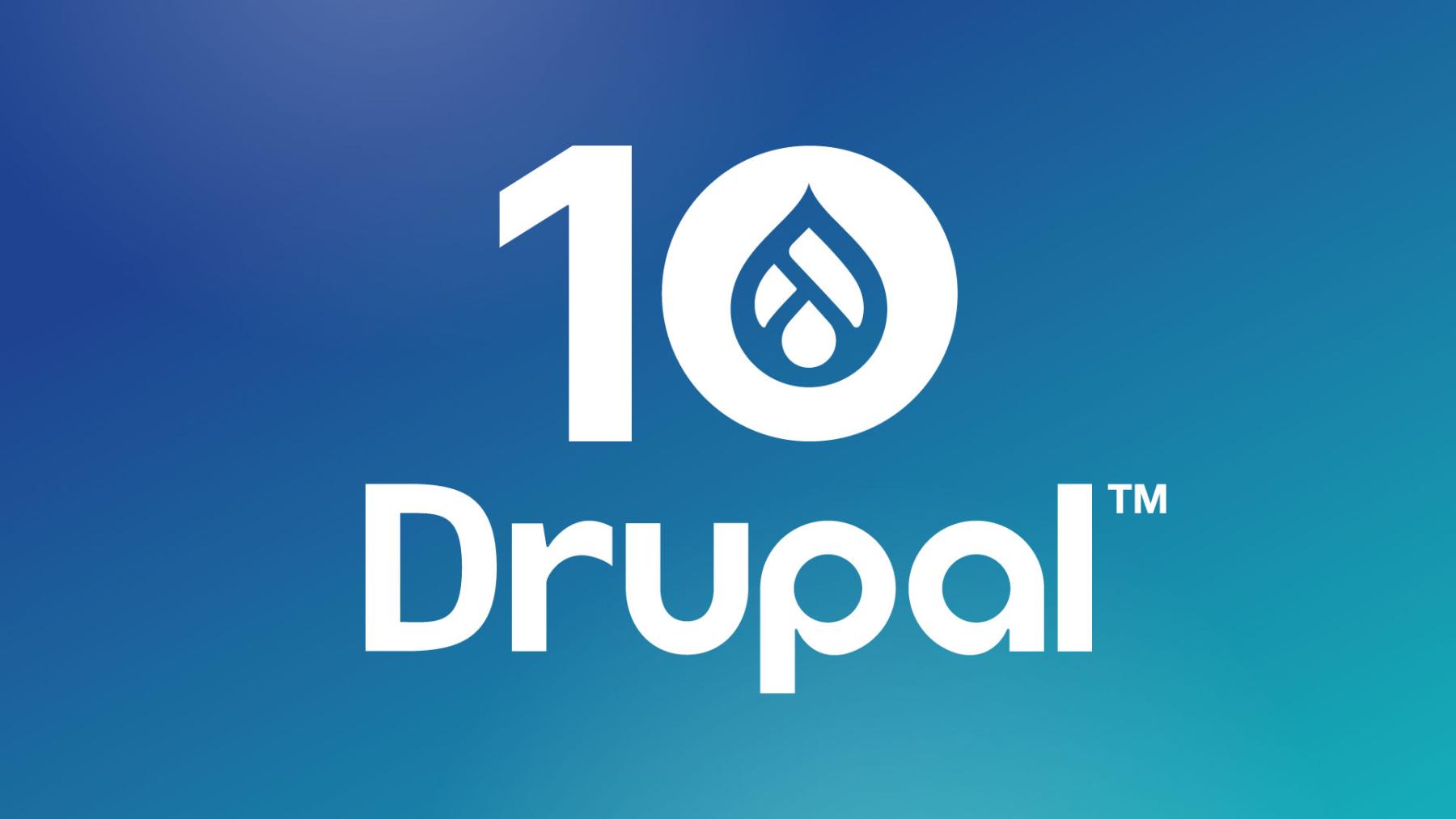In the ever-evolving digital landscape, businesses and organizations seek a content management system (CMS) that combines modern features, flexibility, and robust functionality. Drupal, a powerful open-source CMS, has emerged as a leading choice, offering a comprehensive solution for content management and API creation. In this article, we will explore how Drupal embodies modernity, highlighting its advanced features and why it stands out as an excellent option for businesses of all sizes.
1. Flexible and Extensible Architecture:
Drupal boasts a flexible and extensible architecture that empowers developers and content creators alike. With its modular design, Drupal allows for easy customization, enabling the creation of unique and tailored digital experiences. From simple websites to complex enterprise platforms, Drupal can scale effortlessly to meet diverse requirements.
2. Mobile-First Approach:
In today’s mobile-centric world, having a responsive website is crucial. Drupal’s mobile-first approach ensures that your content looks great and functions flawlessly across a wide range of devices. Its built-in responsive design capabilities and mobile-friendly administration interface make managing and editing content on-the-go a breeze.
3. Powerful Content Management:
Drupal offers a robust content management system that enables seamless content creation, organization, and publishing. Its intuitive user interface simplifies content authoring and editing, allowing non-technical users to contribute effortlessly. Drupal’s content moderation and revision control features ensure precise content governance, providing a reliable foundation for collaboration and workflow management.
4. Advanced Customization and Theming:
With Drupal, you have complete control over the look and feel of your website. Its flexible theming system enables the creation of visually stunning and highly personalized designs. Whether you prefer to leverage pre-built themes or develop custom designs from scratch, Drupal accommodates your specific branding and aesthetic requirements.
5. API-First Architecture:
As the digital landscape becomes increasingly interconnected, the ability to integrate and exchange data is paramount. Drupal’s API-first architecture positions it as an excellent choice for creating robust, scalable, and secure APIs. Whether you need to integrate with third-party services, build mobile applications, or facilitate headless CMS setups, Drupal provides the necessary tools and frameworks to create powerful and versatile APIs.
6. Extensive Module Ecosystem:
Drupal boasts a vibrant and thriving community that has contributed thousands of modules to extend its functionality. These modules cover a wide range of use cases, including e-commerce, social media integration, SEO optimization, analytics, and more. Leveraging these modules saves development time and allows businesses to tap into an extensive library of features, further enhancing the capabilities of their Drupal-based websites.
Conclusion:
Drupal stands tall as a modern CMS solution, combining flexible architecture, powerful content management features, and advanced API capabilities. With its focus on mobile-first design, extensive customization options, and an active community, Drupal empowers businesses to create compelling digital experiences that adapt seamlessly to changing requirements. Whether you’re a small business or an enterprise, Drupal provides the tools you need to build, manage, and scale your online presence effectively. Choose Drupal as your CMS and unlock a world of possibilities for your digital journey.

Comments
2 responses to “Why I Use Drupal”
Great article! You’ve effectively highlighted the key features that make Drupal a standout CMS choice, especially with its flexible architecture and robust API-first approach. For businesses considering a switch or starting fresh, it might be useful to explore some real-world case studies or success stories where Drupal has significantly benefited an organization. This could provide additional context and inspire confidence in its capabilities.
Thanks for sharing such an informative piece!
This article eloquently captures the multifaceted strengths of Drupal as a modern CMS. Its emphasis on flexibility, mobile-first approach, and robust API capabilities truly sets it apart. As Victor Hugo once said, "Change your opinions, keep to your principles; change your leaves, keep intact your roots." Drupal embodies this by evolving with the digital landscape while maintaining a strong foundation in content management. It’s a versatile choice for businesses aiming to create dynamic and scalable digital experiences.